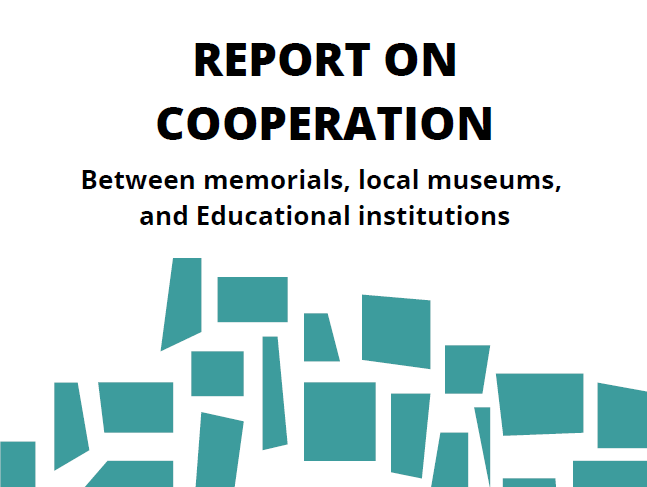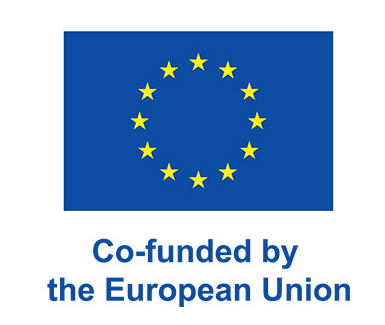BMO / Online kampanja - Report on cooperation

REPORT ON COOPERATION - Between memorials, local museums, and Educational institutions
Two on-line panel discussions held in May and September 2022 were centered on places of memory and International exhibitions, focusing on the transnational dimension of the Holocaust and other WWII genocides/systematic murder, while considering its local and regional aspects and best educational practices in formal and non-formal education related to them.
In the introduction, the speakers presented some examples of international cooperation regarding preserving, conserving and sharing
cultural heritage related to WWII, including plans for preparing new exhibition at now empty Yugoslav Memorial Pavilion at the Auschwitz-Birkenau State Museum in Oswiecim, Poland as well as necessary rebuilding of monuments at Kampor Memorial Cemetery, at former Fascist concentration Camp on island Rab.
The panels brought together curators, teachers and youth workers with representatives of different memorial institutions to identify new opportunities for cooperation on preserving WWII cultural heritage and strengthening quality and relevance of Holocaust education and remembrance activities with young people. They also aimed to propose recommendations for improving international interdisciplinary cooperation on education, research and remembrance of the Holocaust and other WWII genocides/systematic murder during WWII and suffering of ethnic, religious, and marginalized groups.
The panels were part of the project "Between memory and oblivion: WWII places of memory", developed by Documenta and European partners: MMH Dachau and the University of Regensburg (Germany), Associazione 4704 and Topografia per la storia (Italy), APIS Institute and Social Academy (Slovenia), to stimulate debate on World War II memorial sites (former concentration camps, forced labor camps, execution sites, prisons, locations of resistance...) and to confront abandonment of these places, as well as the forgetting stories of victims and survivors, which we often face.
The project is funded by the European Union, through the CERV program.

